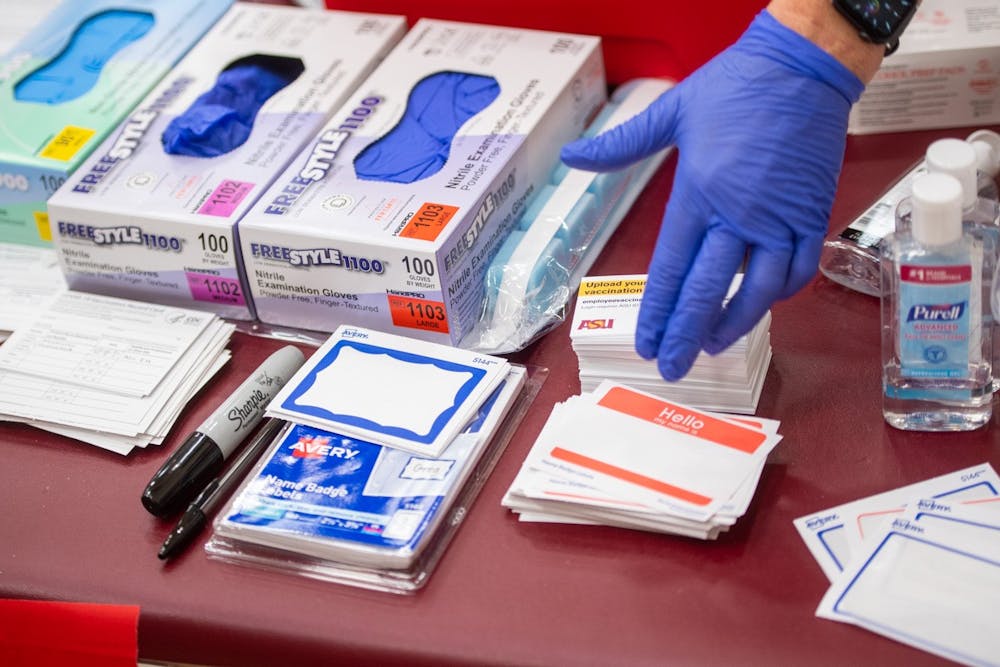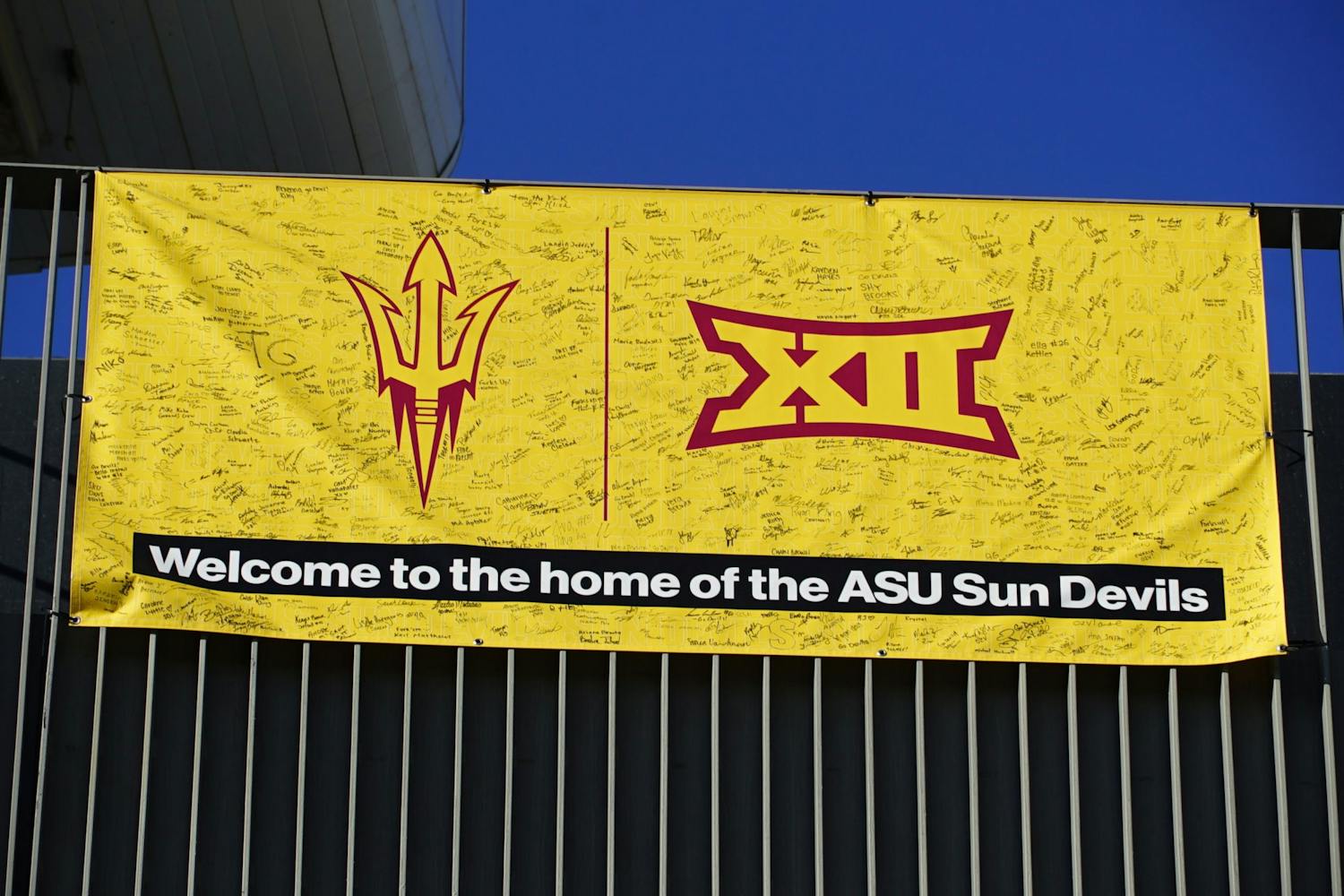With just over a week until ASU returns to in-person classes, the University reported 79 total active COVID-19 cases, an increase of 29 from last week’s total of 50 cases.
Students make up 56 of the cases, with faculty and staff accounting for the remaining 23, according to the Monday update.
Of the 56 active student cases, 48 are off campus in the metropolitan Phoenix area. Three students are isolating on the Tempe campus and two are isolating on the Downtown Phoenix, West or Polytechnic campuses.
The update indicated three students were "isolating off campus" along with the 48 student cases located off campus in the metropolitan Phoenix area. A University spokesperson was unable to provide further clarification between the two figures at the time of publication.
This week marks the first time that ASU reported students isolating on campus since May.
Since Jan. 1, the University administered a total of over 106,895 COVID-19 tests. Out of those tests, the University has reported 2,462 total positive cases, yielding a total positivity rate of about 2.3%.
The Arizona Department of Health Services reported 2,191 new cases of COVID-19 in the state and no new deaths Monday. The state’s current positivity rate is 9.8%.
Last week, the state reported its highest single-day COVID-19 case total since February when 3,112 cases were recorded on Aug. 2.
Thanks to a $1 million grant from the Centers for Disease Control and Prevention and ADHS, Tempe announced plans to expand its program that detects concentrations of COVID-19 in wastewater.
“For our residents and business community, this investment helps to protect public health by expanding the proven innovation in combating the COVID-19 virus and maximizing limited resources in a focused, strategic manner,” a Tempe city spokesperson said in a statement.
READ MORE: Tempe leans into wastewater analysis as fewer people seek COVID-19 tests
Tempe’s program, in collaboration with the ASU Biodesign Institute, collects information on COVID-19 viral concentration from seven wastewater collection sites in the city and posts it on a weekly dashboard.
The Biodesign Institute has partnered with Tempe since the launch of the program in 2018. The initiative was originally designed to detect opioids and other drugs in the city’s wastewater.
The data collection on COVID-19 concentration, which began in March 2020, is used as one of several indicators to guide Tempe’s response to the pandemic.
“We look forward to leading and sharing protocols, best practices learned and proven strategies with a steering committee. It is our hope that other communities will follow Tempe’s lead in utilizing wastewater data, typically a non-traditional city asset, in protecting public health,” according to a statement from the city of Tempe.
Reach the reporter at alcamp12@asu.edu and follow @Anna_Lee_Camp on Twitter.
Like The State Press on Facebook and follow @statepress on Twitter.
Continue supporting student journalism and donate to The State Press today.




